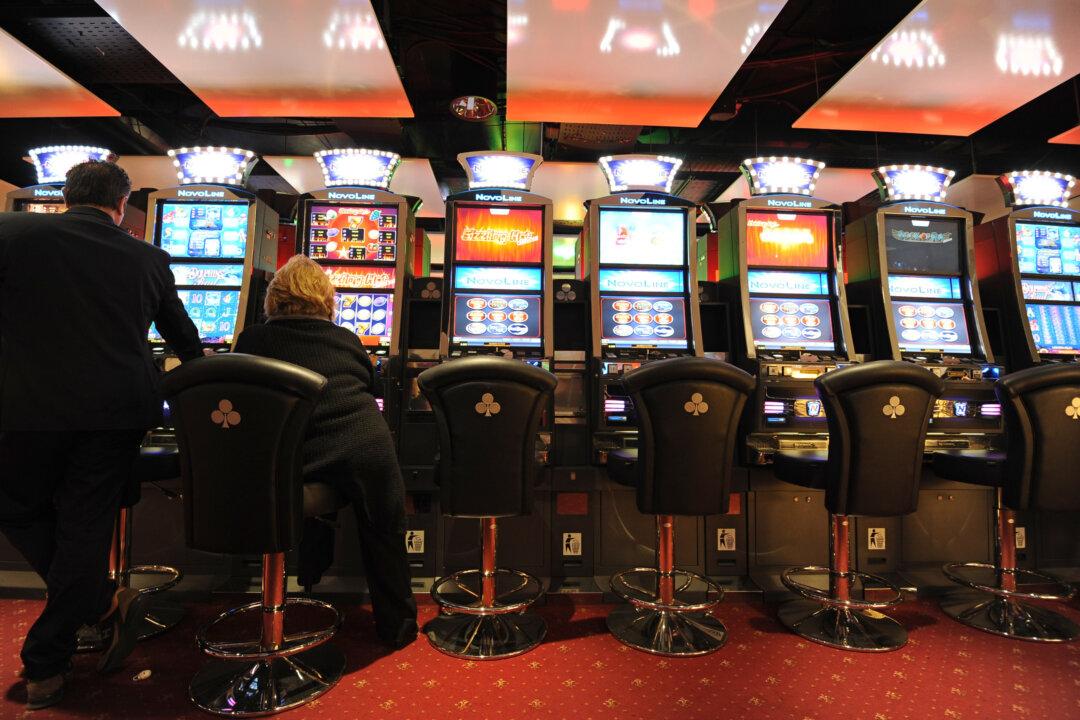A Native American tribe urged the Supreme Court to allow it to continue to offer bingo games on its land even though Texas maintains state law prohibits tribes from running gaming operations.
If the Texas tribe were to win, there could be a ripple effect, spurring more tribe-controlled casinos and gaming operations. Gaming is an industry euphemism for gambling.





